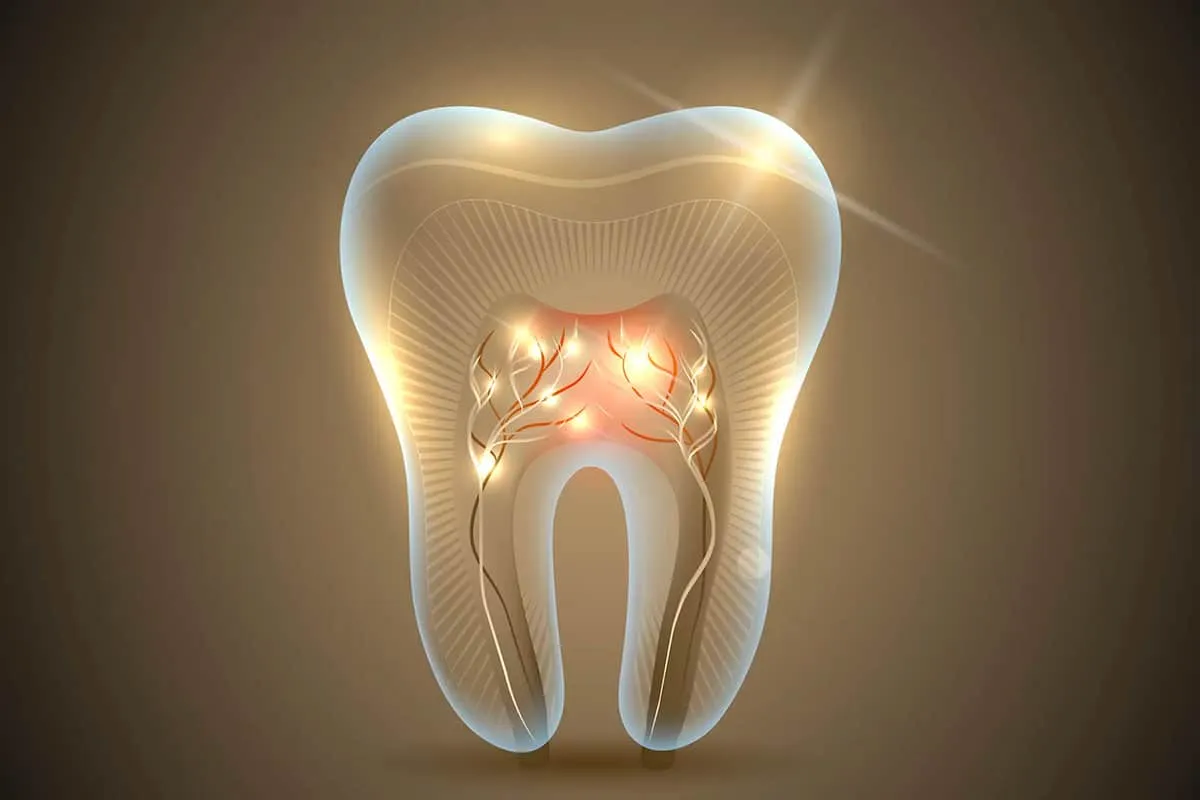“Chinese researchers have come up with an important discovery: to cure depression, aspirin and ibuprofen would be more effective than antidepressants.” The publication in the Journal of Neurology, Neurosurgery and Psychiatry , in late October, of observations by scientists from the Department of Neurology, University of Science and Technology, Huazhong, China, was widely reported by specialized websites. in the news of health.
But the conclusions drawn from these works are they not a little hasty and likely to give rise to false hopes, whereas, according to the Pasteur Institute , “depression is a complex multifactorial disease whose mechanisms do not are still unclear “ and that about ” 30% of patients resist treatment ” ?
“A review of the existing scientific literature”
This publication is not a new study, but a “meta-analysis” , immediately warns the psychiatrist V incent Camus, professor at the University of Tours, head of department at the CHRU and research associate at Inserm. The Chinese researchers did not conduct new experiments, but did “a review of the existing scientific literature” , “a little more complete than the previous publications” . “Their meta-analysis confirms what the previous studies had done: the use of anti-inflammatory drugs seems to have an anti-depressant effect, improving the symptoms of depressive pathology, essentially when they are administered in addition tosummarizes the expert .
The hypothesis of a link between depression and inflammation of the brain – a natural defense of the immune system in case of infection such as influenza, or even meningitis – has stirred the scientific community for years. The trail was unearthed by the pioneering experiments of neurobiologist Robert Dantzer on mice. “Depression is characterized by the presence of a set of symptoms including fatigue, loss of appetite, lack of pleasure seeking, psychomotor slowing, etc. , explained the researcher at Science and Future in 2016. Now, we found that these symptoms also occurred during an inflammatory episode(…). They correspond to what we call ‘disease behavior’, a normal response to an infectious state, with decreased interest in the environment and self-reflexion. “
When you have an influenza or flu-like state, you are apathetic, you do not want anything, even before you have a fever. When we study depression, we see that there is a similar tendency. at franceinfo
Other research has confirmed this track identified by Robert Dantzer in the mouse, but on the man this time. “Studies have shown that when we do a blood test in depressed patients, we find that there are inflammation markers that evolve at low noise” , that is to say, weakly , exposes Chantal Henry, psychiatrist and researcher at the Institut Pasteur.
It was “an inflammatory state of the brain rather moderate and chronic, but not pathological in itself” , says Raoul Belzeaux, a psychiatrist at the Assistance Publique-Hôpitaux de Marseille and a researcher at the Institute of Neurosciences of the Timone. “And we also realized that patients who had pathologies with inflammatory processes often had a depressive symptomatology , “ continues Chantal Henry. A study, including Inserm echoed, showed that almost half of the test patients with mastocytosis – a rare disease resulting in the proliferation of mast cells, cells involved in the defense of the body against infections, which “salvage” too many inflammatory molecules – also suffered from depression.
Inflammation acts as a neurotoxic
In line with the work of Robert Dantzer, Lucile Capuron, director of research at INRA , has highlighted the mechanism leading from inflammation to depression. In case of inflammation of the brain, the immune system produces cytokines and these molecules act on the brain, affecting the metabolism of two other molecules: serotonin and dopamine.
These two molecules – neurotransmitters that contribute to communication in the nervous system – are essential for proper brain function and mood regulation. Inflammation therefore acts as a neurotoxic, which affects the proper functioning of neural networks and thus contributes to the onset of depression. But, says Vincent Camus, “the drugs most prescribed to treat depression today are those that have a strengthening effect of serotonin transmission . “
Depression, a disease that is too heterogeneous
But if it can cause depression, inflammation can also be a component. “Depression is probably one of the most heterogeneous diseases , Raoul Belzeaux points out : a stop of physical activity, an overconsumption of tobacco, a less good food hygiene or a poorer hygiene at all … All these behaviors can occur in case of depression and may also lead to inflammation. “
Similarly, says the specialist, “in obesity, there is a chronic chronic inflammation that looks a bit like what is found in depression and more generally in mood disorders. weight problems and overweight in depression. ” Depression and inflammation can feed each other in a vicious circle. “When you’re not doing well from a metabolic point of view, your immune system is out of order and you’re not doing well from a psychological point of view, you’re not controlling your weight well, so you’re not going to Well, then you have biological abnormalities that reinforce your malaise. ”
In addition, “there is inflammation in bipolar disorder, schizophrenia, not in everyone, but in some patients,” notes the specialist. Inflammation is therefore not specific to depression, but related to a certain type of illness.
Areas more sensitive to inflammation
And the researchers have not yet seen all the mechanisms that lead to inflammation in the brain. Their better understanding would no doubt help to better treat depression, among other things. The psychiatrist Chantal Henry puts forward a hypothesis: “One way of thinking psychiatric disorders today is to say that they implement several dimensions, more or less autonomous from each other: problems of motivation, impulsivity, cognitive disorders, etc. There are certainly certain areas of the central nervous system that are much more sensitive than others to inflammation, notably the limbic system, which generates all the emotional and motivational processes. ‘it would still be necessary to discover.’
And the researcher continues: “The brain is not locked in a box, it communicates with the rest of the body and interacts with the microbiota for example.The immune system could be hyperactivated by peripheral elements that could send signals to the body. inside the cranial box and cause brain plasticity [an inflammation in this case], which itself would lead to depressive symptomatology. ”
“We know that the hippocampus is a brain area that is very sensitive to inflammation,” says psychiatrist V incent Camus. And “several studies on models of depression in animals have shown that, in this particular area of the brain, there is less, if not more, of generation of new neurons in case of depression”. But “for antidepressants to work, neurogenesis [the creation of neurons] in the hippocampus must be preserved.”
“Insufficient level of evidence”
The Chinese “meta-analysis” therefore supports scientists in their research, but it does not provide the “sufficient level of proof” to change medical practices, Belzeaux believes, because it “includes extremely heterogeneous studies” , ” who are testing different drugs “ . But “it’s a single molecule that gets the marketing authorization, not a molecule class , “ says the psychiatrist.
“If tomorrow, we wanted to build on the conclusions of this paper to change our practices, there should be prospective, double-blind against placebo by a control group , endorses his colleague Vincent Camus. It takes a population of subjects have defined depression criteria, we have a group that receives classic antidepressant treatment plus a placebo and a group that receives anti-inflammatory treatment in addition to the antidepressant and we look at whether there is really a better level of response in those who receive the anti-inflammatory supplement Some studies have already done that, but there is still not enough evidence for professional recommendations change.
“If this study has an interest today, it is not because it will change our practices, and we will say tomorrow: ‘I put an anti-inflammatory treatment in addition to my patients who respond poorly to on the other hand, it confirms that to better understand the neurobiological mechanisms of depression, we must also focus on the mechanisms of inflammation, particularly in brain tissue “ , Judge Vincent Camus.
We would love to treat depression with aspirin, it would be so much easier for us. But if aspirin walked on depression, that would be known. We must not generate false hopes. at franceinfo
The use of anti-inflammatories against depression faces a major problem: these drugs are not yet adapted to this type of treatment, warns Raoul Belzeaux. “The most traditional anti-inflammatories, the oldest, are non-steroids, or even corticosteroids, but these drugs have no specificity for the brain and can have significant side effects , “ says Vincent Camus.
Another obstacle: anti- inflammatories are today “ultra-consumed” , but “low dose” and “punctually” . However, “depression, even in the case of an isolated episode, lasts for weeks and requires costly pharmacological interventions” . A patient should therefore take an anti-inflammatory “effective dose” every day . Problem: these drugs are “very provider of gastric problems, some of which can be serious since it goes to ulcer and digestive hemorrhage , “ notes the doctor, for whom “




Comments are closed.